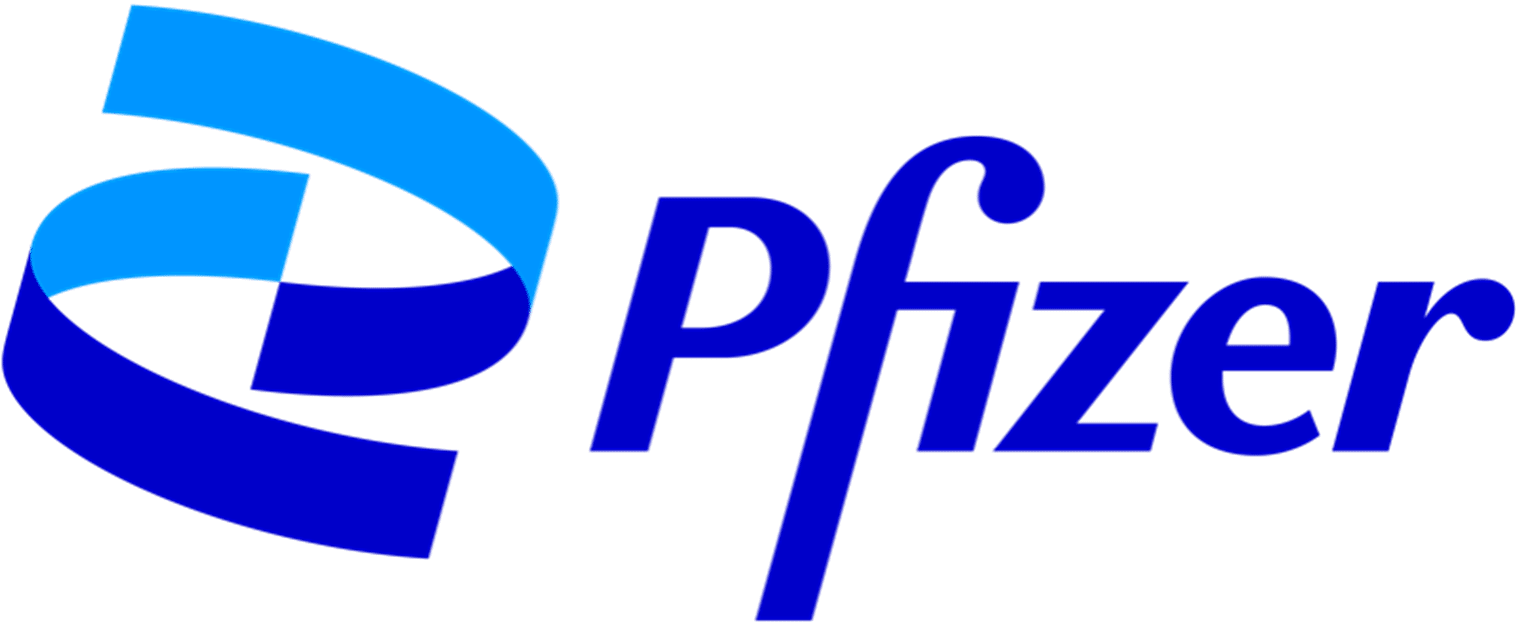University of Wisconsin
Madison
Wisconsin
53792
United States
Phone: 800-323-8942
Website: University of Wisconsin
The UW Health Pituitary Tumor Clinic in Madison, Wisconsin offers patients advanced techniques in diagnosis, planning and treatment for pituitary tumors. Although pituitary region tumors are usually benign, they may cause neurological or endocrine symptoms due to growth at the anterior skull base – exerting pressure against critical cranial nerves, endocrine and vascular structures.nerves, endocrine and vascular structures.
Staffed by a team of specialist physicians from neurological surgery, otolaryngology, head and neck surgery, endocrinology, radiation oncology, neuroradiology, neuropathology and neuro-ophthalmology, the Pituitary Tumor Clinic conveniently offers each patient a broad range of medical and surgical options to provide the most appropriate diagnostic and therapeutic care during one efficient visit to Madison.
The Pituitary Tumor Clinic provides a multidisciplinary approach involving all of the physician specialists. Every patient’s specific needs are addressed using individually tailored medical, surgical and radiation therapies that utilize advanced diagnostic neuroradiology imaging. Specific services available through the clinic include:
· Specialized pituitary MRI scan protocols
· Medical therapy for endocrine problems (pituitary dysfunction, hyperprolactinemia, Cushing’s disease, acromegaly) resulting from pituitary tumors
· Endonasal trans-sphenoidal craniotomy: minimally invasive team (neurosurgery and otolaryngology) surgery with available advanced technology (computer navigational guidance, microscope and endoscopic visualization) for tumor removal
· 3-D conformal radiation treatment planning to ensure precisely targeted delivery of radiation doses, stereotactic radiosurgery (SRS), and fractionated stereotactic radiotherapy (FSRT)
· Inferior petrosal sinus sampling (IPSS) testing. IPSS is a minimally invasive endovascular procedure used to determine if the source of excess hormone is coming from the pituitary gland
· Multidisciplinary team discussions at UW Tumor Board conferences to arrive at the best management plan for each patient
UW Hospital
600 Highland Ave.
Madison, WI 53792
(608) 263-7502 (main)
(800) 323-8942 (toll-free)
University of Wisconsin
Madison Wisconsin 53792
United States






